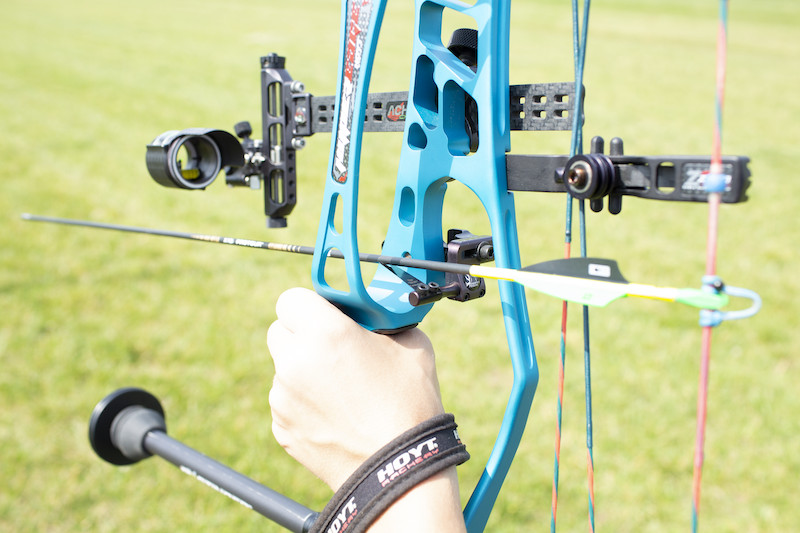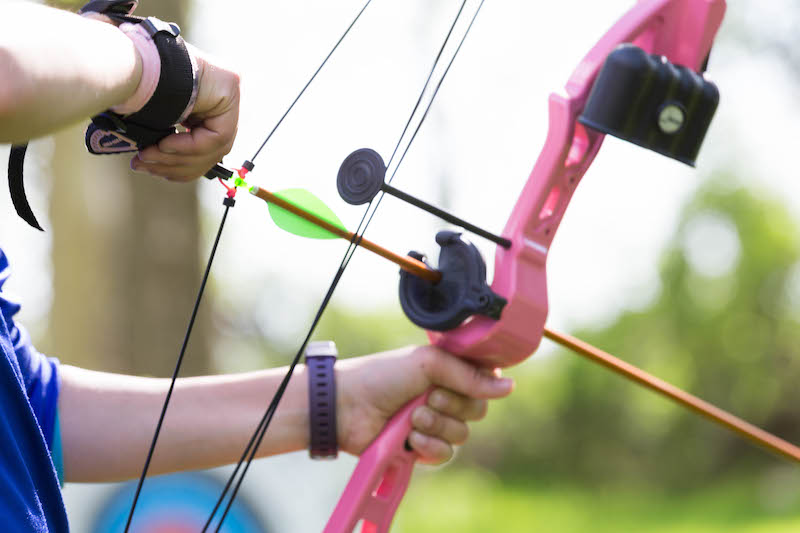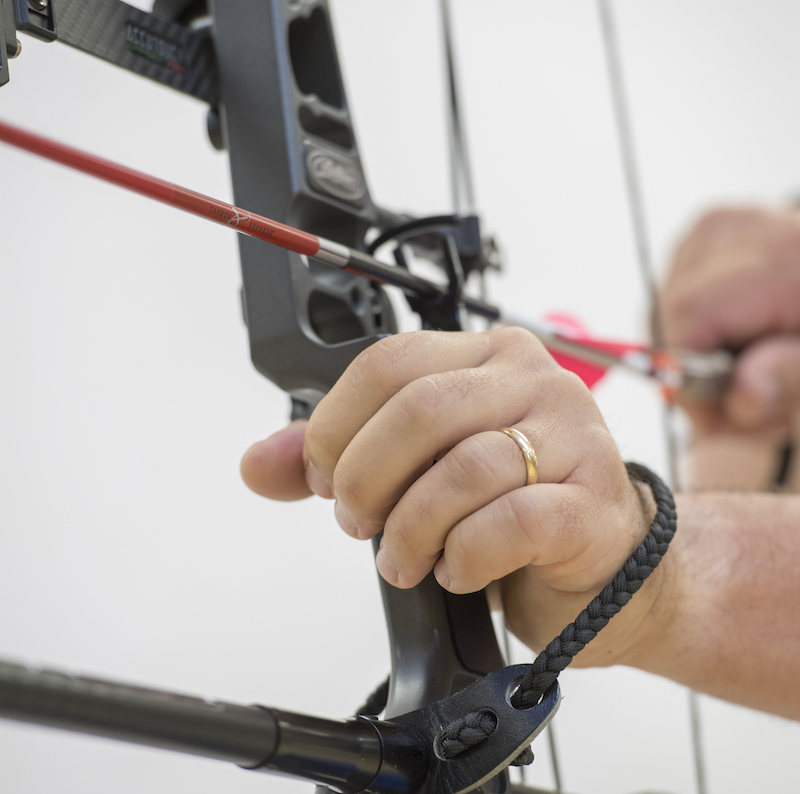Perhaps the most important accessory you put on your bow is an arrow rest. When tuned properly, your rest ensures consistent arrow flight and helps you stack tight groups into the target.
You’ll find many brands and models of arrow rests at nearby archery shops, and they’re divided into three categories: launcher, drop-away, or full-capture. To find the right fit for your bow, you must know their differences, how they work, and how they’ll affect your shooting style.
Launcher

Launcher rests entered the market long before drop-away or full-capture rests, and remain time-tested workhorses. They’re simple, reliable and affordable, and they deliver downrange accuracy with minor tuning.
A prong or blade supports the arrow throughout the draw cycle and shot. Their simple design minimizes the launcher’s contact with vanes or fletching, but because nothing on the rest holds the arrow, it can fall off if you tilt the bow at any time. Launcher rests are great for shooting indoors, but if you bowhunt a lot or shoot at odd angles on a range, you might be better suited to use a different type of rest.
Full-Capture

Much like launcher models, full-capture rests support the arrow at all times, but they have no moving parts and provide nearly full containment at all times. No matter how much you tilt your bow, the arrow stays in place. That feature makes full-capture rests ideal for archers who like shooting 3D target at awkward angles.
Just remember that the more contact points between the rest and arrow shaft, the better your setup must be tuned. If one side affects the shaft more than the other, the arrow won’t fly straight. But don’t let that discourage you. Visit an archery shop and set up a paper-tuning session. The archery pro will get you ready to shoot.
Drop Away

Drop-away arrow rests are more complex to tune than other options, but they deliver superior accuracy once they’re properly set up. That’s because the rest falls away from the shaft and vanes or fletching before the arrow clears the riser. That means it touches nothing once you release your shot.
Manufacturers make two types of drop-away rests: limb-driven and cable-driven. They’re distinguished by their connecting point with the bow. Limb-driven rests connect to the bow’s lower limb, while cable-driven rests connect to the cable.
Most archers don’t set up a drop-away rest on their own. After all, archery shops have a bow press and expert staff who know how to serve, time and tune precision equipment. Whether you shoot indoor, 3D targets or a little of everything, you can maximize your setup’s accuracy with a drop-away rest.
Conclusion
The archery market offers myriad arrow rests, which can seem overwhelming. But if you understand the advantages of each type, and align those benefits with your goals, you’ll quickly narrow your focus and find the best rest for you.




